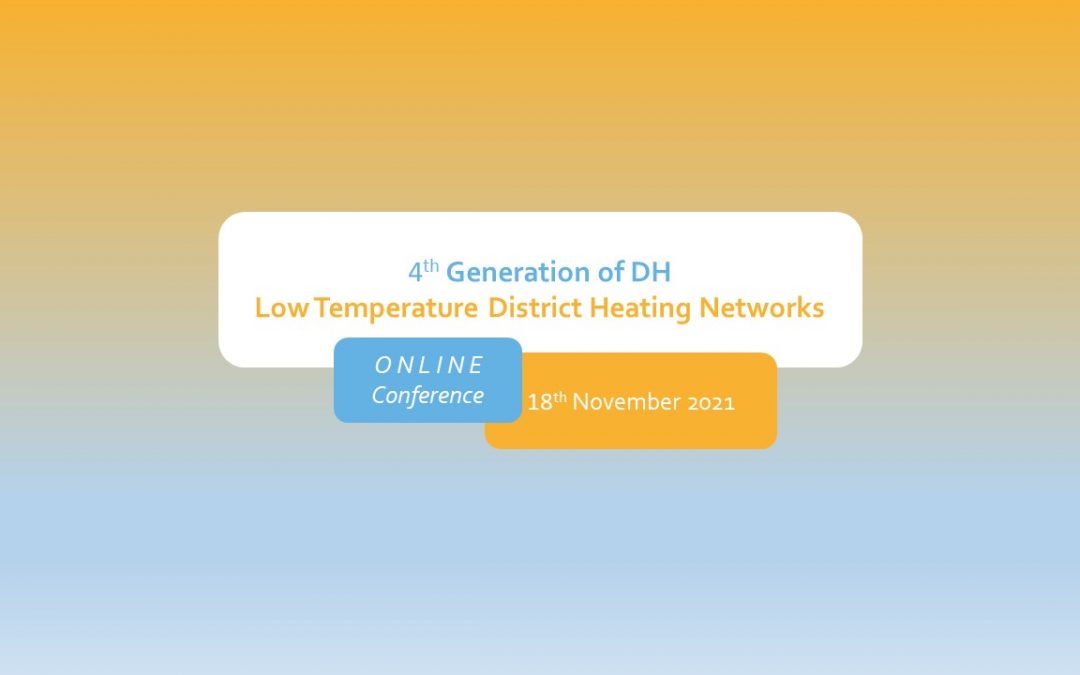This message was conveyed to the approximately 100 participants of the virtual closing event of the Interreg Baltic Sea Region project LowTEMP 2.0 with a series of exciting presentations on the fourth generation of district heating systems.
The online conference was organised by the project’s lead partner IMP PAN from Poland with the support of aconium.
Why do we only achieve the European climate protection goals if we make the heat supply more sustainable and efficient? How does low-temperature district heating work? What has been achieved in the Baltic Sea Region in recent years? To answer these questions, project partners and external experts presented the latest findings and practical examples from the field of “fourth generation district heating networks”.
An important topic right at the beginning of the conference was the transfer of knowledge about sustainable district heating in all Baltic Sea countries. Britta Schmigotzki, aconium, and Jan Gerbitz, ZEBAU, presented the outputs that were developed in LowTEMP 2.0. They emphasised that after several years of work in the previous project, the focus must now be on addressing and involving cities and regions as well as energy and urban planners. The teaching materials developed in LowTEMP and adapted to national conditions in LowTEMP 2.0 play a central role here. The e-learning programme developed by aconium within the framework of LowTEMP 2.0 was also presented to the conference participants. In an online course, knowledge on the relevance of district heating and newly prepared contents of the training material are provided. With the online format, the knowledge of the transnational experts and practitioners collected in LowTEMP will be made available to a wider circle of stakeholders in the Baltic Sea Region.
Projects that are currently being implemented were also presented at the event. These included the world’s largest low-temperature district heating network in Lund (Sweden), the first projects in Vilnius (Lithuania) and the low-temperature district heating network in Latvia built during the LowTEMP project.
In addition, experts presented various technical solutions for avoiding heat losses in the network and possibilities for converting current district heating networks to low-temperature district heating networks.
The need to make the heat supply in the Baltic Sea region more sustainable was emphasised several times at the end of the event. In the new EU funding period, strategic approaches for smart and sustainable urban heat supply infrastructure must be developed. In this context, aconium will be a strong partner for the municipalities and regions in the Baltic Sea region.
About LowTEMP 2.0
The aim of the LowTEMP 2.0 project is to build and communicate knowledge on low-temperature district heating expansion in the Baltic Sea region. aconium GmbH has taken over the project development, preparation and submission of the funding application on behalf of the partnership. aconium GmbH is a project partner in LowTEMP 2.0 and is responsible, among other things, for the creation of e-learning courses.

